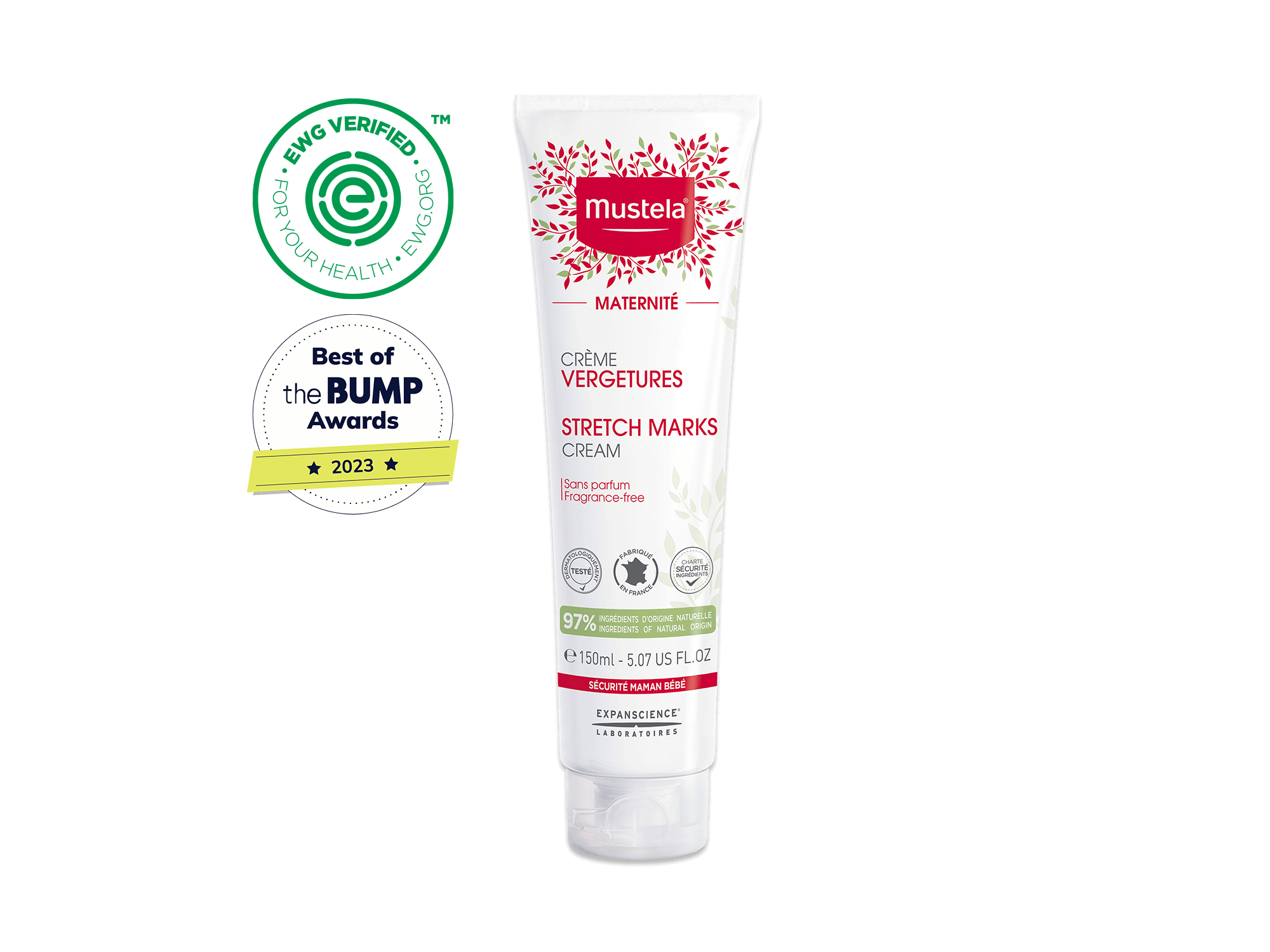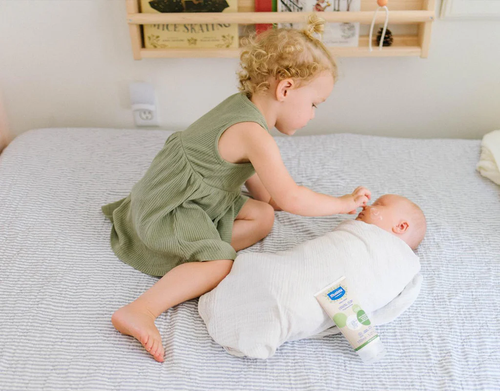If you’re a first-time parent, or even if you’ve got one or two little ones to care for in addition to a newborn, you can benefit from the services of a night nurse.
Welcoming a baby into the world is a wonderful and exhausting time. Wonderful because you’ve got a new precious life depending on you. Exhausting because, well, your newborn hasn’t settled into a consistent sleep schedule yet!
When you aren’t getting the sleep you need, you can develop some serious mental and physical issues, like postpartum depression, that are difficult to deal with. That’s where a night nurse comes in.
Despite the descriptive name, many parents still wonder what a night nurse is and what they do exactly. Others wonder what the benefits are of hiring a night nurse and whether night nurses and nannies do the same job.
In this article, we’ll answer those questions — and other common questions as well — to help you decide if you need the assistance of a night nurse after having a baby.
What Is A Night Nurse?

A night nurse (a.k.a. night nanny, overnight caregiver, baby nurse, or postpartum doula) is a professional trained in newborn care who provides aid to new parents during the first few weeks of a baby’s life at home.
Per the name, most overnight caregivers work at night so the parents can get the sleep they need to then provide the best care possible for their family during the daylight hours.
As we’ll discuss in the What Does A Night Nurse Do? section below, these professionals may perform many jobs, but their primary duty is to feed and change your little one while you sleep.
What Is A Night Nurse’s Official Title?

Night nurses go by many titles, but most of those are informal. The official title of these professionals is Newborn Care Specialist (or NCS).
The reason for the change from the informal title to the formal title is simple: in many states, it’s illegal for them to call themselves nurses. Only those with advanced training — like an R.N. or an L.P.N. — may use the term “nurse” in their title. Night nurses don’t fall into that category.
Despite the change in terms, many still refer to overnight caregivers as night nurses or night nannies.
We’ll continue to use the more familiar terms as well as the official title in this article to help you get used to the switch.
What Does A Night Nurse Do?

Depending on your needs and the needs of your family, you can hire an overnight caregiver to perform a wide variety of duties, such as:
- Care for your newborn while you sleep
- Feed your little one at night
- Bring your baby to you when they need to breastfeed
- Change diapers in the middle of the night
- Get baby back to sleep when they wake
- Help you get settled at home
- Establish good feeding and sleeping habits
- Clean bottles
- Do baby laundry
For example, if your baby wakes up in the middle of the night with a dirty diaper, the night nurse will clean them up (be sure you’re stocked up on Mustela's Diaper Wipes!), apply a diaper rash cream (like Mustela’s Diaper Rash Cream 1 2 3), re-diaper them, and rock them back to sleep.
If the NCS is willing, you can even include housework — like family laundry, dishes, pet care, and light cleaning — in their responsibilities.
The bottom line is that the overnight caregiver helps relieve much of the stress and strain that can overwhelm you during the first few days and weeks of being a new parent.
Why Hire A Night Nurse?

The reasons for hiring a night nurse differ from person to person and family to family. We mentioned one at the end of the section above — less stress and strain. But that’s only the tip of the iceberg.
As a new parent, you need your sleep, too. If you aren’t getting enough because you’re up every few hours to feed and change your little one, your risk of postpartum depression and anxiety increases drastically.
Plus, when you get the sleep you need every night, you’ll be healthier, have better breast milk supply, and be able to appreciate the joys of parenting your precious newborn.
All of that leads to a happier family and a more well-adjusted little one. And it’s all made possible thanks to a night nurse and a good night’s sleep.
Do Night Nurses And Nannies Do The Same Job?

Even though night nurses are sometimes called night nannies, they differ from nannies in several important ways. Typically, night nurses and nannies have different responsibilities.
Nannies are there to take care of children during the day. That means they need to sleep at night the same as you so they have the energy and attention to keep up with your little ones.
Night nurses, on the other hand, are there to take care of your children at night. That means they will sleep during the day so that they can be awake and attentive when it’s time for you and your baby to go to bed.
Another difference between an overnight caregiver and a nanny is the amount of direction you need to provide.
Nannies usually work under the direct guidance of the parent. So, for example, if there’s a problem, the nanny will bring the child to you so you can decide what to do next.
At the other end of the spectrum, night nurses are highly trained professionals who know what to do when it comes to caring for your newborn. They know what behaviors to expect from your precious baby and how to keep them dry, fed, content, and asleep.
The third difference between night nurses and nannies is how long they stay with your family.
Nannies may help you with childcare until your children are well into their early teens. Night nurses usually only stay with your family for three or four months to help establish healthy feeding and sleep habits.
How Much Does A Night Nurse Cost?
The cost of hiring a newborn care specialist varies depending on:
- Their hours
- Their level of education
- Their responsibilities
- The number of children they care for
- The needs of the newborn
- The area of the country where you live
- Whether you hire through an agency
Rates range from $25/hour all the way up to $80/hour or more.
So, for example, if you hire a night nurse to feed and diaper your newborn from 6 p.m. to 6 a.m. (12 hours) and they charge $30/hour, you’ll spend $360 per night for their services.
If you negotiate for them to do a bit of light housework during those 12 hours, their rate may go up to $40/hour. In that case, you’ll spend $480 per night for their services.
How Do You Hire The Right Night Nurse?

If you’re thinking of hiring an overnight caregiver, make sure you hire the right person for the job. Start by researching organizations like:
- Newborn Care Solutions
- Newborn Care Specialists Association
- Newborn Care Training Academy
Read up on their standards and training to find the one that fits your needs.
Another great way to find a newborn care specialist is to ask the nurses at the hospital where you delivered for a referral.
Once you’ve found a candidate, always check their credentials and make sure they have been trained in infant and child CPR, the Heimlich maneuver, and first aid.
Before you hire, interview the candidate and pay special attention to how you get along with each other. If you’re hiring before your due date but already have children, see how the night nurse relates to these young ones.
Or, if you’re hiring after you’ve brought your newborn home, make sure the night nurse interacts with the little one to see if they’re the right fit.
Do You Need A Night Nurse?

Hiring a newborn care specialist is a very personal decision. While it may be right for some parents, it may not be right for others.
It all depends on your needs, what kind of recovery you expect, and your plans when your baby comes home.
If the birth went without complications, you’re a stay-at-home parent, you have a partner or family member to help, or you plan to breastfeed full-time (remember to keep Mustela's Nursing Comfort Balm on hand to ease discomfort!), you may decide to go without a night nurse.
On the other hand, if you had a difficult birth, you’re a single parent, or you and your partner both work, you may decide to hire a postpartum doula.
The bottom line is that there’s no one-size-fits-all answer. Discuss the pros and cons with your partner or a trusted family member and do what’s right for you, your family, and your newborn.



















